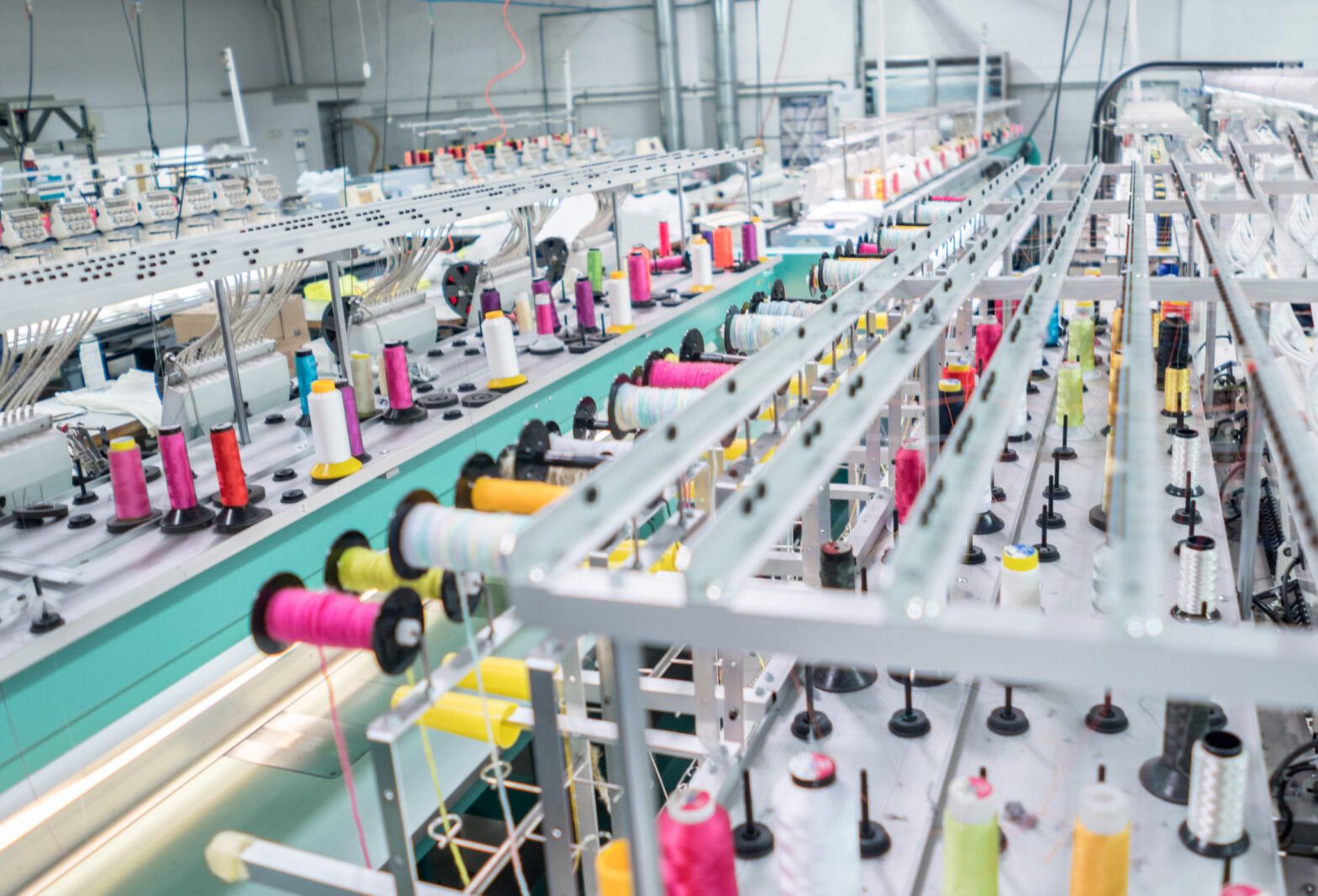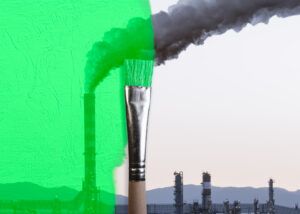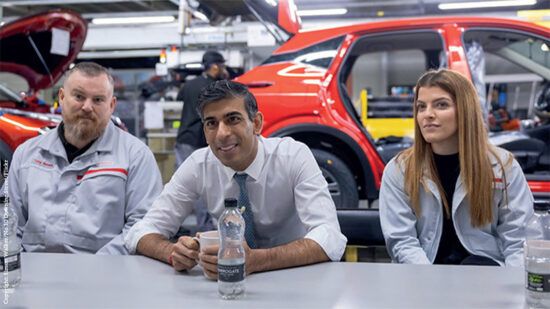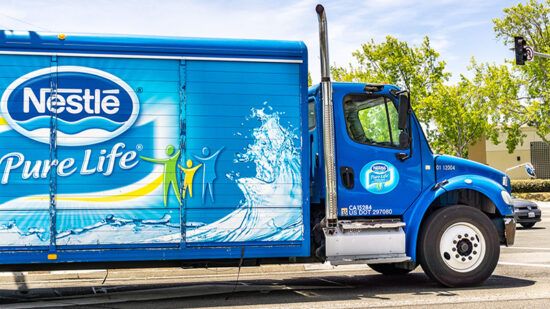The European Commission has proposed a ban on goods made using forced labour either being produced in the European Union or being imported into the bloc.
Published on Wednesday, the proposal comes one year after European Commission president Ursula von der Leyen stated such a ban was needed.
According to details from the Commission, the proposal builds on internationally agreed definitions and standards and means national authorities will be able to – following an investigation – withdraw products made with forced labour from the EU market.
“EU customs authorities will identify and stop products made with forced labour at EU borders,” the Commission stated.
Risk-based enforcement
In practice, the rules take shape through a risk-based enforcement approach. In the first phase national authorities will assess forced labour risks based on a variety of information sources such as submissions from civil society, due diligence from companies and a database of forced labour risks around specific products and geographic areas.
Where there are well-founded suspicions of forced labour being used authorities can investigate, request information from companies and carry out checks and inspections. This will not be limited to EU countries.
On finding forced labour being used, authorities will order products on the market to be withdrawn and stop more of the products getting on to the market, with companies having to dispose of the goods in question.
If a company or non-EU authority does not cooperate with providing evidence the national authority will be able to make a decision based on the facts available.
Now the legislation has been proposed, it will be discussed and agreed by the European Parliament and member states before entering into force. It will likely see modifications during this process.
Defending values
The Commission noted roughly 27.6 million people are in forced labour across the world.
“In today’s geopolitics, we need both secure and sustainable supply chains,” said commissioner for internal market, Thierry Breton.
“We cannot maintain a model of consumption of goods produced unsustainably.
“Being industrial and technological leaders presupposes being more assertive in defending our values and in setting our rules and standards.
“Our single market is a formidable asset to prevent products made with forced labour from circulating in the EU, and a lever to promote more sustainability across the globe,” he said.
Executive vice-president and commissioner for trade, Valdis Dombrovskis, added: “Our ban will apply to domestic products, exports and imports alike. Competent authorities and customs will work hand-in-hand to make the system robust.
“We have sought to minimise the administrative burden for businesses, with a tailor-made approach for SMEs.
“We will also further deepen our cooperation with our global partners and with international organisations.”
Welcome piece of the puzzle
Saskia Kort-Chick, director of ESG research and engagement—responsible investing at AllianceBernstein, said legislation was welcome and this move from the EU could be one piece of the puzzle in a “complex challenge”.
She noted there is a good business case for addressing the issue: “So far, we have seen great disparity in how well prepared companies are. It requires companies to have a clear understanding of their value chain. Supply chain mapping, traceability and due diligence processes, including social audits and worker voice initiatives, are among the actions companies can take.
“Having these practices in place could help identify forced labour risks, it could also lead to increased supply chain stability and efficiency. We’d welcome similar legislation in other markets, which would create a more level playing field and create increased regulatory certainty.”
Clear cost of non-compliance
Matt Crossman, stewardship director at Rathbones, added it has been too long the weight of enforcement in this area has been voluntary.
“Rules like this make it really clear – using forced labour is unacceptable. It also crystallises a human rights risk into a clear cost of failing to comply,” he said.
Crossman commented on how the EU rules will fit with those of the US: “The measures harmonise with similar rules in the US, which have been successful, at least in limited, specific situations. When a good is stopped, the company can show compliance by remedying the forced labour situation. But many believe the EU should learn from the US – and adopt a far more victim-focused regime.”
He stated the importance of remembering the law is complementary to a planned law on human rights due diligence.
“As responsible investors, we support regulators incentivising companies to adequately assess and prevent human rights issues in their operations,” said Crossman.








